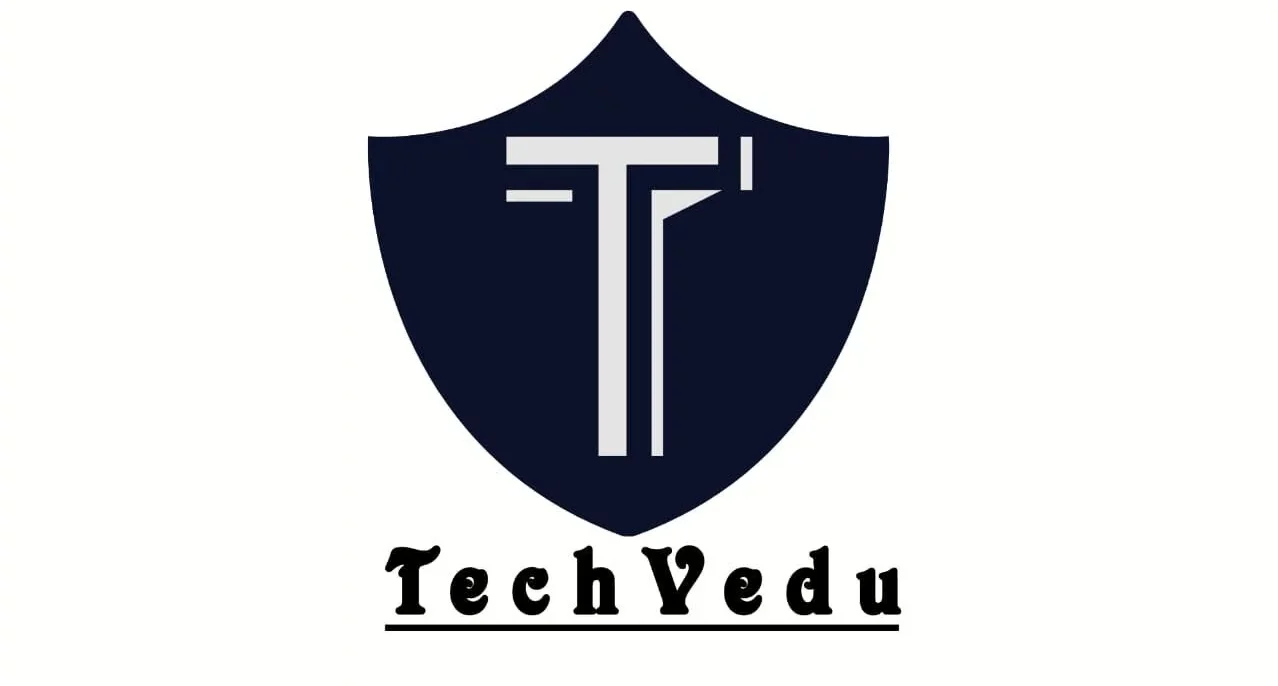Accelerating Success: The Dual Path of an Accelerated B.S. in Accounting and Master of Accountancy
In the ever-evolving world of finance and business, the demand for skilled and knowledgeable accountants is higher than ever. Recognizing the need for professionals who can navigate the complexities of modern accounting, many universities now offer an innovative program: the Accelerated B.S. in Accounting and Master of Accountancy. In this blog post, we will explore the advantages of this dual-path program, its structure, and the benefits it brings to aspiring accountants.
The Accelerated Pathway:
The traditional route to becoming a certified accountant involves completing a Bachelor’s degree in Accounting followed by a Master’s in Accountancy. However, the accelerated pathway combines these two degrees into a streamlined program, allowing students to earn both degrees in less time compared to pursuing them separately.
Structure of the Program:
The structure of an Accelerated B.S. in Accounting and Master of Accountancy program is carefully designed to provide a comprehensive and efficient educational experience. Students typically start with undergraduate-level coursework in accounting fundamentals, business ethics, and financial management during the first three years. In the fourth year, students seamlessly transition into graduate-level courses, delving into advanced topics such as auditing, taxation, and forensic accounting.
The program often includes opportunities for internships, cooperative education, or practical experiences to ensure that students gain real-world exposure to the field. This combination of theoretical knowledge and practical application prepares graduates to enter the workforce with a competitive edge.
Advantages of the Accelerated Program:
1. Time Efficiency:
One of the primary advantages of the accelerated program is the time saved. By integrating the B.S. and M.Acc. curricula, students can earn both degrees in as little as five years, compared to the six or more years it would take to complete them separately. This time efficiency allows students to enter the workforce sooner, gaining valuable professional experience and accelerating their career trajectories.
2. Cost Savings:
With the accelerated program, students not only save time but also reduce overall tuition costs. Completing two degrees in a shorter time frame means fewer semesters of tuition, enabling students to enter the workforce with less student debt. This financial advantage is a significant consideration for many students and can contribute to a quicker return on investment for their education.
3. Competitive Edge:
Employers in the accounting field highly value advanced education and professional certifications. Graduates of the accelerated program enter the job market with both a Bachelor’s and a Master’s degree, positioning themselves as highly qualified candidates. This competitive edge can lead to enhanced job opportunities, faster career advancement, and potentially higher earning potential.
4. Professional Certification Preparation:
Many students pursuing accounting aspire to become Certified Public Accountants (CPAs) or pursue other professional certifications. The integrated structure of the accelerated program often aligns with the educational requirements for CPA licensure, providing students with a seamless path to achieving this prestigious certification.
5. Holistic Learning Experience:
The combination of undergraduate and graduate coursework offers a holistic learning experience. Students build a strong foundation in accounting principles during their undergraduate years and then delve deeper into advanced topics and specialized areas of accounting at the graduate level. This dual-path approach ensures that graduates possess both breadth and depth of knowledge, preparing them for the multifaceted challenges of the accounting profession.
Career Opportunities and Future Prospects:
Graduates of the Accelerated B.S. in Accounting and Master of Accountancy program are well-positioned for a variety of career paths within the accounting and finance sectors. The advanced education and skills acquired during the program open doors to roles such as financial analyst, auditor, tax consultant, forensic accountant, and more.
Moreover, as businesses and regulatory environments become increasingly complex, the demand for highly educated and skilled accountants continues to rise. The integrated nature of the program equips graduates with the expertise needed to navigate the evolving landscape of accounting, ensuring they remain valuable contributors to their organizations.
Challenges and Considerations:
While the benefits of the accelerated program are clear, it’s essential to acknowledge the challenges and considerations. The rigorous nature of the program may require students to manage a more demanding workload, balancing undergraduate and graduate-level courses. Time management and a strong work ethic are crucial for success in this accelerated learning environment.
Additionally, students should carefully consider their career goals and the requirements of the specific accounting profession they wish to enter. While the program aligns well with CPA licensure requirements, some specialized roles may have additional certification or experience prerequisites.
Conclusion:
The Accelerated B.S. in Accounting and Master of Accountancy program represents a forward-thinking approach to education, providing students with a fast track to a successful and rewarding career in accounting. As the demand for highly qualified accountants continues to grow, this dual-path program offers a strategic advantage, allowing graduates to enter the workforce with a combination of academic excellence, practical experience, and professional certifications. For aspiring accountants seeking a dynamic and efficient educational journey, the accelerated program is a pathway to accelerate success in the dynamic world of accounting.

